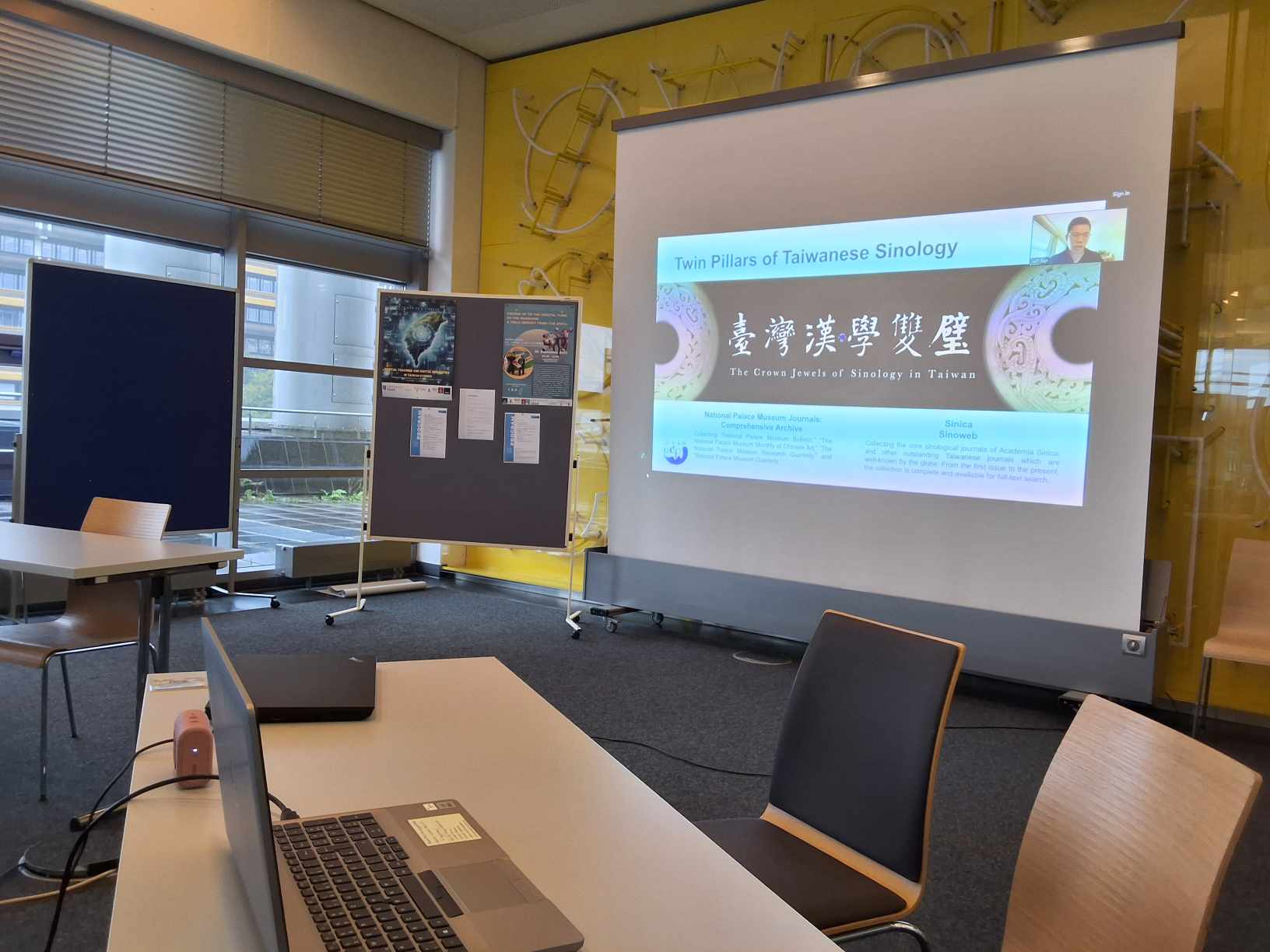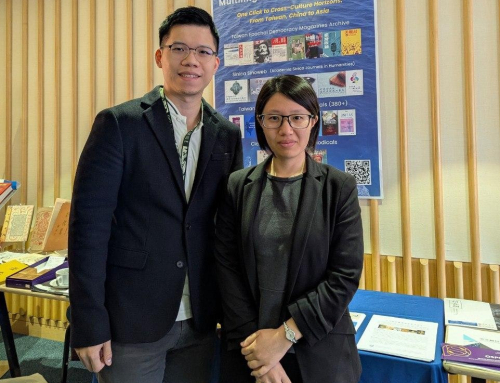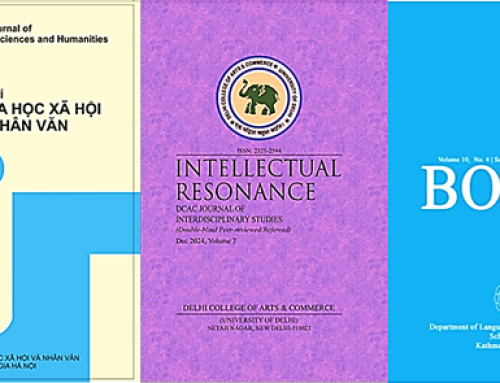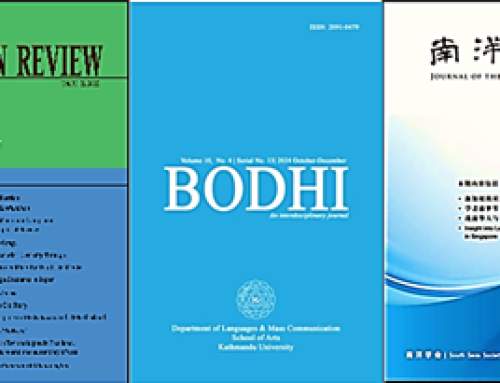Under the support of the TAP (Taiwan as a Pioneer) project funded by the German Federal Ministry of Education and Research (BMBF), the Taiwan Studies Center at Ruhr University Bochum’s Department of East Asian Studies hosted the workshop “Digital Teaching and Digital Humanities in Taiwan Studies” this fall. The workshop officially opened on September 30, featuring a keynote speech by Dr. Chang Lung-chih, Director of the National Museum of Taiwan History (NMTH), who discussed the museum’s achievements and future challenges in digitalization, specifically showcasing the accomplishments of the “Taiwan Cultural Memory Bank 2.0” project. Dr. Chang’s presentation sparked active discussions among participants on potential innovations in language translation, exhibition experience, and educational outreach in future museum practices.
The three-day workshop focused on four main themes: “Taiwanization and Innovation,” “Digital Retrieval Systems and Advancement,” “AI Applications in Education,” and “Research Visualization.” United Digital Publications (UDP) showcased its “Humanities Taiwan” database series(Taiwan Acdemic Classic, TAC), with UDP product manager Jeff presenting remotely to introduce its features and operations in detail. The Taiwan Academic Classics platform provides precise full-text search, allowing researchers to efficiently find relevant articles. Jeff also demonstrated UDP’s exclusive AI-colorization feature, which enhances image detail clarity. Additionally, Jeff introduced an upcoming multilingual translation feature to support cross-linguistic research. Though Jeff’s demonstration was limited by time, these features still showcase UDP’s commitment to advancing academic research.
Dr. Martina Siebert also represented the “Cross Asia” database, providing an overview of its development and specialized resources, enriching attendees’ research resources. TAP project members, including Dr. Josie-Marie Perkuhn and Dr. Thomas Fliß from the Sinology Department at Trier University, shared their latest research progress and the current developments of digital databases.
This workshop not only established a valuable exchange platform between Taiwanese and European scholars but also offered critical discussion and inspiration for the future of digital teaching and digital humanities research.






